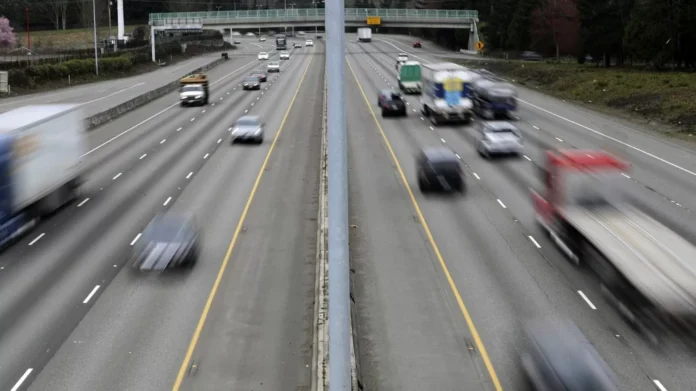The Supreme Court of the United States heard oral arguments on Wednesday in a case that could potentially revive a bid by fuel producers to eliminate California’s clean car standards. This case has been closely watched by both environmentalists and the automotive industry, as it has the potential to impact the future of clean air regulations in the state and beyond.
It is important to note that the Supreme Court was not considering the legality of the clean car standards themselves. These standards, which were implemented by the state of California, require car companies to sell new vehicles that produce less pollution. This is achieved by mandating stricter emission standards for vehicles sold in the state.
The case before the court involves a challenge by fuel producers, who argue that the clean car standards are unconstitutional as they interfere with the federal government’s authority to set fuel economy standards. The fuel producers argue that the federal government’s Corporate Average Fuel Economy (CAFE) standards should take precedence over the state’s clean car standards.
During the oral arguments, the justices appeared divided on the issue. Some expressed concern over the potential impact on the automotive industry if the clean car standards were to be struck down, while others questioned the legality of California’s ability to set its own emission standards.
Environmental groups and supporters of the clean car standards are hopeful that the Supreme Court will uphold the state’s authority to set its own standards. They argue that California has a long history of leading the way in environmental regulations and that the clean car standards have been successful in reducing pollution and promoting the use of cleaner vehicles.
The clean car standards were first implemented in 2009 and have since been adopted by 13 other states, as well as the District of Columbia. These states account for nearly one-third of the U.S. auto market, making the clean car standards a significant factor in reducing emissions and promoting cleaner air.
The automotive industry has also shown support for the clean car standards, with many major car manufacturers voluntarily complying with the regulations. This has led to the production of more fuel-efficient and environmentally friendly vehicles, which have been well-received by consumers.
If the Supreme Court were to rule in favor of the fuel producers and strike down the clean car standards, it could have far-reaching consequences. Not only would it undermine the efforts of California and other states to reduce emissions, but it could also set a precedent for other states to challenge their own environmental regulations.
However, regardless of the outcome of this case, it is clear that the issue of clean air and reducing emissions is one that will continue to be at the forefront of discussions and debates. With the increasing threat of climate change and the need for more sustainable practices, it is crucial that we continue to prioritize and support efforts to reduce pollution and promote cleaner air.
In conclusion, the Supreme Court’s consideration of this case is a significant moment for the future of clean air regulations in California and beyond. While the outcome is yet to be determined, it is clear that the clean car standards have had a positive impact on reducing pollution and promoting cleaner vehicles. Let us hope that the court’s decision will reflect the importance of protecting our environment and the health of our communities.

